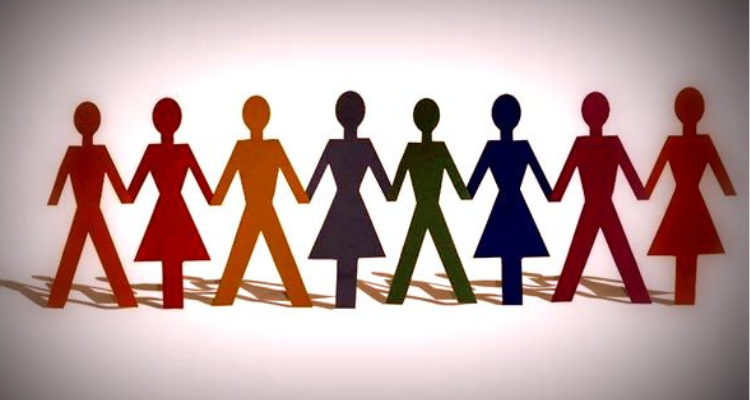
In the case of Heikh Noorul Hassan V. Nahakpam Indrajit Singh & Ors., the Supreme Court delved into the intricacies of filing replications in election petitions. It highlighted the High Court’s authority to permit election petitioners to file replications against the written submissions of a returned candidate, provided that such replications do not introduce new facts contradicting those originally presented in the petition.
Here’s what happened:
- The Supreme Court, comprising Chief Justice Dr. DY Chandrachud and Justices JB Pardiwala and Manoj Misra, interpreted Section 87(1) of the Representation of Peoples Act, 1951.
- The Court affirmed that the High Court, acting as an Election Tribunal, possesses powers akin to a civil court under the CPC, granting it authority to permit election petitioners to file replications under Order VIII Rule 9.
- The case pertained to a replication filed by an election petitioner in response to a written statement submitted by the returned candidate, a decision sanctioned by the High Court.
- The appellant, the returned candidate, contended that the replication was improper under Section 81(1) of the Representation of Peoples Act, 1951, citing a 45-day limitation period for filing an election petition and restrictions on introducing new facts.
- Conversely, the respondent, the election petitioner, argued that the High Court, functioning as an election tribunal, possessed powers akin to civil courts, allowing for the rebuttal of written statements as per Order VIII Rule 97 of the CPC.
- The respondent refuted claims of introducing new facts via replication, asserting that it merely sought to counter explanations provided in the written statement.
- Justice Manoj Misra’s judgment emphasized that the replication aimed to clarify points raised in the written statement, not introduce new facts or causes of action.
- The court reasoned that the replication addressed issues like the non-disclosure of bank accounts alleged in the election petition, which were explained by the returned candidate in their written statement.
- It concluded that granting leave to file the replication was well within the High Court’s discretionary jurisdiction, finding no justification for the appeal against it.
- Consequently, the court dismissed the appeal, affirming the legitimacy of the replication and the High Court’s decision.
Read More: Supreme Court, Delhi High Court, States High Court, Other Courts, International




